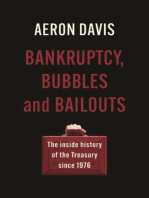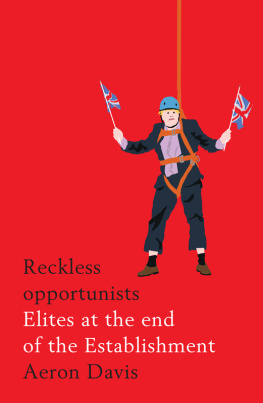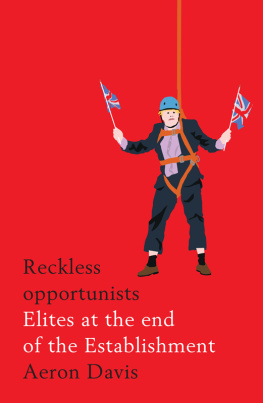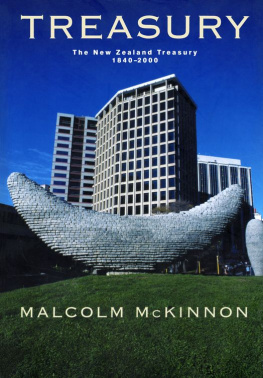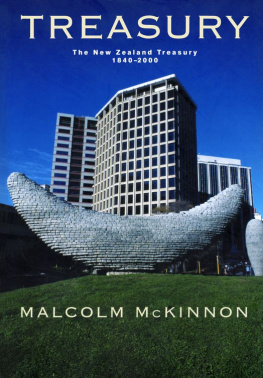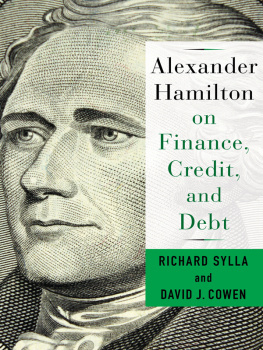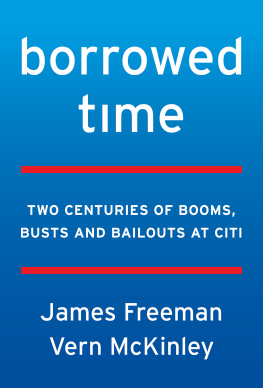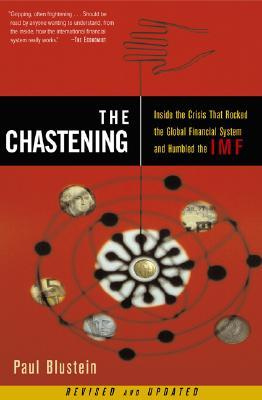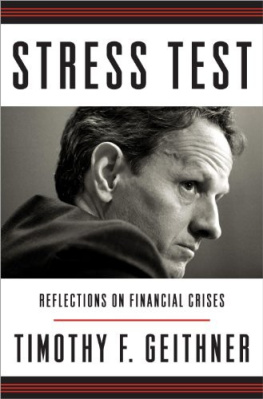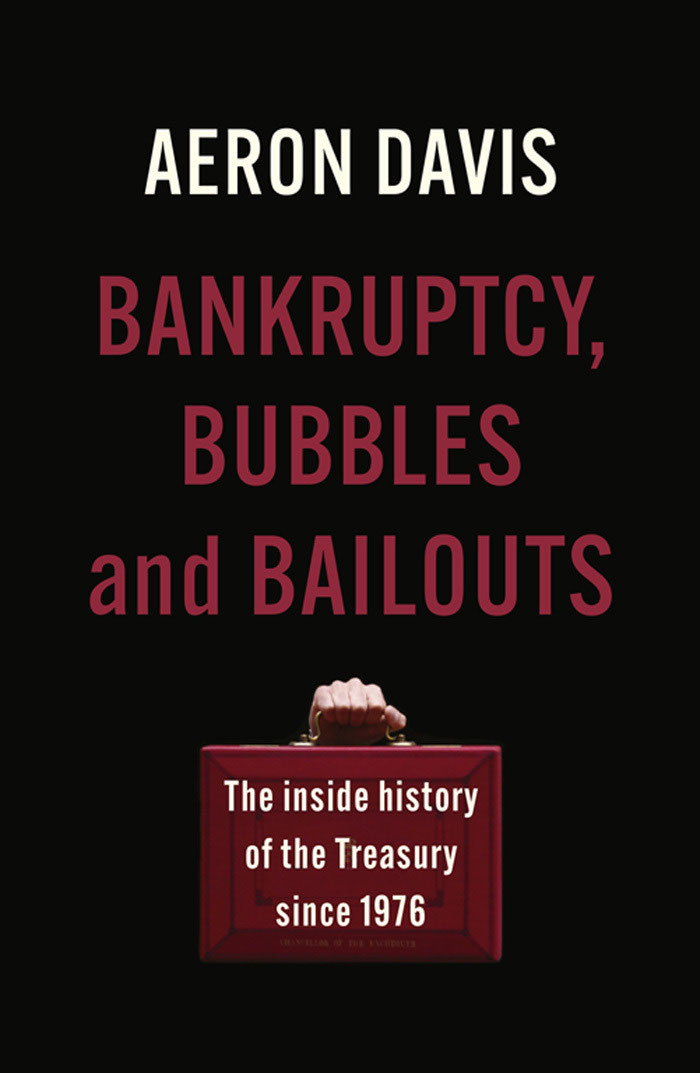
Bankruptcy, bubbles and bailouts

The Manchester Capitalism book series
Manchester Capitalism is a series of short books that follow the trail of money and power across the systems of financialized capitalism. The books make powerful interventions about who gets what and why, with rigorous arguments that are accessible for the concerned citizen. They go beyond simple critiques of neoliberalism and its satellite knowledges to re-frame our problems and offer solutions about what is to be done.
Manchester was the city of both Engels and Free Trade where the twin philosophies of collectivism and free market liberalism were elaborated. It is now the home of this venture in radical thinking that primarily aims to challenge self-serving elites. We see the provincial radicalism rooted here as the ideal place from which to cast a cold light on the big issues of economic renewal, financial reform and political mobilisation.
Books in the series so far have covered diverse but related issues. How technocratic economic thinking narrows the field of the visible while popular myths about the economy spread confusion. How private finance is part of the extractive problem not the solution for development in the Global South and infrastructural needs in the UK. How politics disempowers social housing tenants and empowers reckless elites. How foundational thinking about economy and society reasserts the importance of the infrastructure of everyday life and the priority of renewal.
General editors: Julie Froud and Karel Williams
Already published:
The end of the experiment: From competition to the foundational economy
What a waste: Outsourcing and how it goes wrong
Licensed larceny: Infrastructure, financial extraction and the global South
The econocracy: The perils of leaving economics to the experts
Reckless opportunists: Elites at the end of the establishment
Foundational economy: The infrastructure of everyday life
Safe as houses: Private greed, political negligence and housing policy after Grenfell
The spatial contract: A new politics of provision for an urbanized planet
The pound and the fury: Why anger and confusion reign in an economy paralysed by myth
Bankruptcy, bubbles and bailouts
The inside history of the Treasury since 1976
Aeron Davis
Manchester University Press
Copyright Aeron Davis 2022
The right of Aeron Davis to be identified as the author of this work has been asserted by them in accordance with the Copyright, Designs and Patents Act 1988.
Published by Manchester University Press
Oxford Road, Manchester M13 9PL
www.manchesteruniversitypress.co.uk
British Library Cataloguing-in-Publication Data
A catalogue record for this book is available from the British Library
ISBN 978 1 5261 5977 9 hardback
First published 2022
The publisher has no responsibility for the persistence or accuracy of URLs for any external or third-party internet websites referred to in this book, and does not guarantee that any content on such websites is, or will remain, accurate or appropriate.
Cover image: Shutterstock
Typeset
by New Best-set Typesetters Ltd
Contents
This book is a rare attempt to drag the Treasury out into the light, to cast a more critical eye over its recent history. I say rare, because all too often the Treasury tells its own story. It presents its highs and edits out its lows. We know of its many rescue missions of the UK economy but rather less about its contributions to failure. In my eyes, the Treasury didn't simply salvage the economy from various meltdowns and economic shocks, but was often a causal factor in those same crises. That includes the lost Brexit vote, something the Treasury fought hard to prevent without understanding its own contribution to that very outcome.
This study has had a long gestation period. It began with a project conceived with Catherine Walsh in the wake of the financial crisis back in 2013. We found ourselves wondering how the UK economy had become so intertwined with its financial sector, and was thus so devasted by the banking collapse of 200708. In particular, we wanted to know what happened back in the 1980s, when the City began to take off just as UK industry was suffering a rapid retraction. Catherine looked at the budgets and wider documentation. I began trying to interview some of the key players. Fairly quickly, several past chancellors and DTI Secretaries of State agreed to talk. In one particular week I spoke to Margaret Beckett, Michael Heseltine, Geoffrey Howe, Nigel Lawson and Norman Lamont. The research was fascinating, and we produced two interesting articles for prestige journals.
After that I moved on to other projects but still managed the odd related interview when an opportunity arose. Then, in 2016, there was Brexit, Donald Trump's victory and a number of shock election results producing extreme populist leaders across the world. Like many, I was struggling to work out how and why. Although ostensibly writing about other topics, I repeatedly came back to these events and their ongoing consequences. In a way this book is the third of a trilogy of books trying to explain how we got to where we are. Book one, Reckless Opportunists: Elites at the End of the Establishment (2018), focused on how the UK's political, corporate and administrative systems were enabling erratic, self-interested leaders such as Boris Johnson to rise to the top. Political Communication: An Introduction for Crisis Times (2019) looked more closely at how evolving political parties and media had contributed. In this book, the objects of enquiry are the Treasury, mainstream economics and technocracy.
To explain more, during the EU referendum I was firmly convinced by the arguments put by Remainers their rationality, their seemingly enlightened cosmopolitan vision, their concerns about the economic devastation that would result from leaving the EU. I felt equally disdainful of the Leave campaign's presentations and behaviour. But when the dust settled, I had this nagging feeling that, like many London-centric professionals, I had got something entirely wrong. For me, economic policy over many years, presented by a succession of centrist political leaders, delivered as expert consensus, had contributed. The Coalition government's austerity policies exacerbated deep-seated inequalities and problems. All of which led me back to that earlier 2013 Treasury study.
So, in late 2019 I began interviewing again. The book would begin in 1976, with the IMF bailout and Treasury humiliation, and finish in 2016, with the Brexit vote and another Treasury humiliation. A neat arc. However, the wilderness years of Brexit negotiations and then COVID demanded an additional postscript. Two years later, disrupted by my being head of department, a pandemic, relocating to New Zealand and a new job, somehow the book manuscript was completed. Along the way I have spoken to over fifty people who were intimately connected to the Treasury at some point. These include eight former chancellors and six permanent secretaries to the Treasury, along with many other ministers, advisors and officials. I like to think I found some useful answers.
I have to thank many people for helping me put this together. First are those interviewees. Many of them, particularly senior civil servants, were very generous with their time (an almost full list is given at the back of this book). The last third of the interviews were conducted from New Zealand and so involved speaking to people at unsociable hours. Second are those people who have talked with me about these issues, passed on recommended reading and other advice, or just plain supported me when it was needed: Anthony Barnett, Mike Berry, Clea Bourne, Roger Burrows, Aditya Chakrabortty, James Curran, Will Davies, Sahil Dutta, Joe Earle, Lee Edwards, Ewald Engelen, Des Freedman, Julie Froud, Becky Gardener, Dan Hind, Sukhdev Johal, Gholam Khiabany, Anu Kantola, Adam Leaver, Colin Leys, Mick Moran, Jack Mosse, Jn Gunnar lafsson, Ann Pettifor, Bev Skeggs, Peter Thompson, Catherine Walsh, Kate Wright and Simon Wren-Lewis.
Next page
